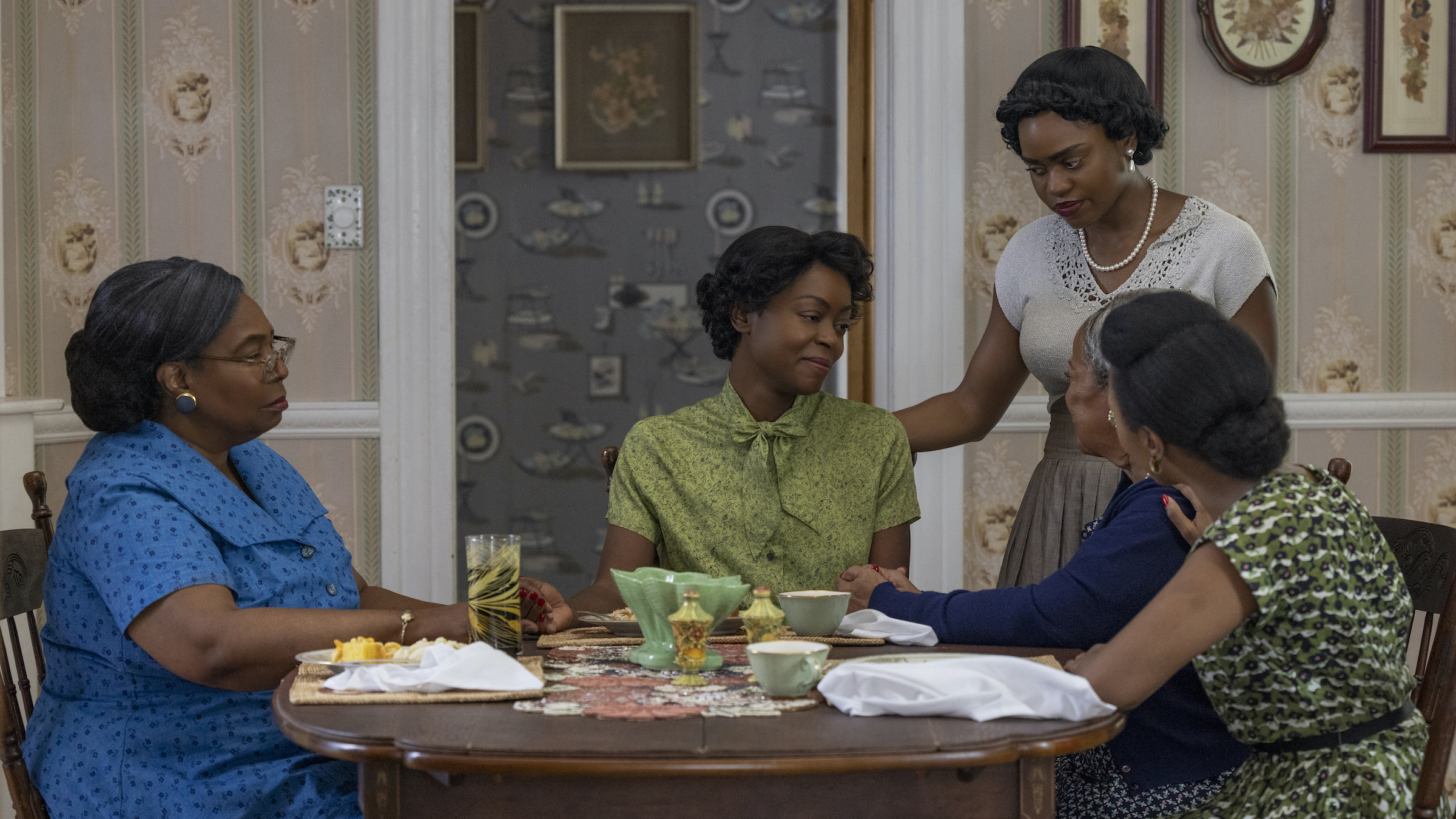The story of Emmett Till, the 14-year-old Chicago youth who was tortured and lynched in 1955 Mississippi for allegedly whistling at a white woman, is one of the most shameful episodes in American history, an event that’s still painful to face. Chinonye Chukwu’s Till is partly a dramatization of that tragedy, though its chief focus is Emmett’s mother, Mamie Till-Mobley—played, superbly, by Danielle Deadwyler—who channeled her intense grief into activism that has profound repercussions to this day. This is a carefully made film, one that focuses on the possibility of change even in the context of unthinkable tragedy. But even if Chukwu doesn’t fixate on the horrible specifics of Till’s death, the movie is extremely pointed about the way those responsible, either directly or indirectly, hoped to deflect attention from their actions, as if to persuade the world that the life of one very young man didn’t really matter. Till is an affirmation of just how much Emmett Till’s life mattered, and continues to matter long beyond his last breath.
The opening scenes are perhaps the most agonizing to watch: Young Emmett (played by the incandescent Jalyn Hall) radiates optimism as he prepares for a summer trip to visit relatives in Money, Miss. His traveling clothes are neat and natty, complete with cuff links, a patterned necktie, a pressed pocket square. It’s Mamie who’s nervous: she and her son have never been separated for long, and she explains to him, gravely, that the deep South is different from Chicago. “Be small down there,” she urges him, and he assures her he understands, though that doesn’t quell her anxiety.

Mamie grew up in the South; she knows how things work there. And she continues to worry even as her mother, Alma (Whoopi Goldberg), assures her that Emmett will be fine. He needs to know where he comes from, she tells Mamie, though the cruel truth is that “where he comes from” is stuck in a stubborn pattern of flagrant lawlessness and poisonous racial hatred.
But in Chicago, Mamie has raised her son to live without fear. He’s a regular kid, who cares about the things all kids do, and the movie’s production design (by Curt Beech) reflects that with piercing specificity. The very ordinariness of Emmett’s bedroom is wrenching, from his trains-planes-and-automobiles wallpaper to what appears to be a model airplane kit, still in its box and as yet unassembled, perched on the dresser. These are the things a murdered child leaves behind, fragments of the optimistic dreams he never got to fulfill.
Chukwu—who explored the moral consequences of the death penalty in her 2019 film Clemency—takes great care to preserve the harrowing gravity of Mamie and Emmett’s story, without making the film unbearable to watch. There is no on-camera violence, and Chukwu is both direct and respectful in how she chooses to re-create one of the most haunting images of our nation’s past: that of Emmett’s body, battered almost beyond recognition, as he lay in his casket. Mamie insisted on keeping that casket open, to make sure the world would comprehend the viciousness of her son’s murder. Till is a perceptive portrait of a mother whose anguish became a galvanizing force for a movement, but it’s also a retracing of a scar that will never fade. Scars are one way humans remember who they are and what they did, and choosing not to look isn’t enough to make them disappear.
More Must-Reads from TIME
- Caitlin Clark Is TIME's 2024 Athlete of the Year
- Where Trump 2.0 Will Differ From 1.0
- Is Intermittent Fasting Good or Bad for You?
- The 100 Must-Read Books of 2024
- Column: If Optimism Feels Ridiculous Now, Try Hope
- The Future of Climate Action Is Trade Policy
- FX’s Say Nothing Is the Must-Watch Political Thriller of 2024
- Merle Bombardieri Is Helping People Make the Baby Decision
Contact us at letters@time.com